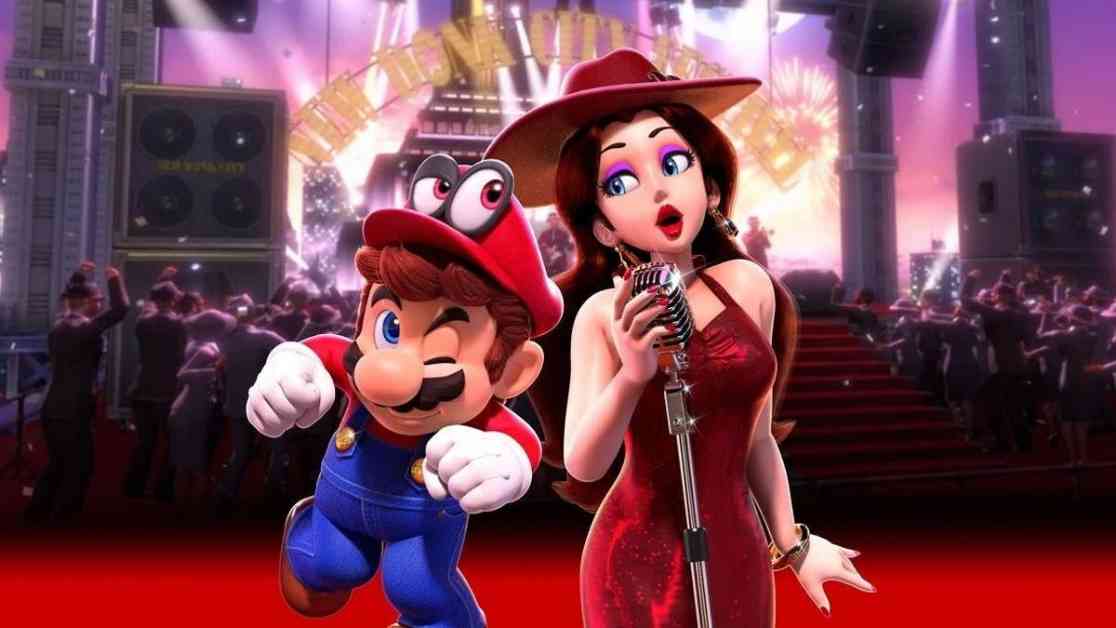Nintendo has a history of protecting its intellectual property, and recently, the company has set its sights on musicians who create sheet music based on its games’ soundtracks. Two YouTube channels, Sheet Music Boss and purpleschala, have reported that Nintendo is targeting sheet music sites like Musicnotes and taking down music for games like Pokémon, Mario, and The Legend of Zelda. Purpleschala mentioned that Musicnotes is actively working to reverse this decision, while Sheet Music Boss stated that their arrangements were correctly licensed and that original artists were receiving royalties.
The issue at hand is that officially licensed video game sheet music is often difficult to find, leading fans to create their own versions to fill the gap and allow other musicians to learn and perform songs from Nintendo games. It is surprising that Nintendo is only now cracking down on these arrangements, especially since they have been available on Musicnotes for several years. Purpleschala had arrangements of songs from Fire Emblem: Three Houses on the site for five years before facing action from Nintendo.
Despite the crackdown, both channels still have their Musicnotes accounts with most of their work intact. Purpleschala focuses on piano arrangements, while Sheet Music Boss offers arrangements for piano, string, and wind instruments. It is clear that these creators are passionate about Nintendo’s music and are working hard to provide quality sheet music for fellow fans.
The situation raises questions about the balance between protecting intellectual property and allowing fan creations to thrive. While it is important for companies like Nintendo to safeguard their work, it is also crucial to support the creative efforts of fans who are dedicated to sharing their love for these games through music.
As fans navigate this crackdown, it is essential for them to be aware of the risks involved in creating and sharing content based on copyrighted material. Seeking proper licensing and permissions is key to avoiding legal issues and ensuring that creators can continue to share their work without fear of repercussions.
In conclusion, the recent crackdown on Fire Emblem sheet music creators by Nintendo serves as a reminder of the complex relationship between fans and intellectual property rights. While it is important for companies to protect their creations, it is equally important to find a balance that allows fan creativity to flourish. Fans and creators alike must navigate these challenges with caution and awareness to continue sharing their passion for Nintendo’s music in a respectful and legal manner.

